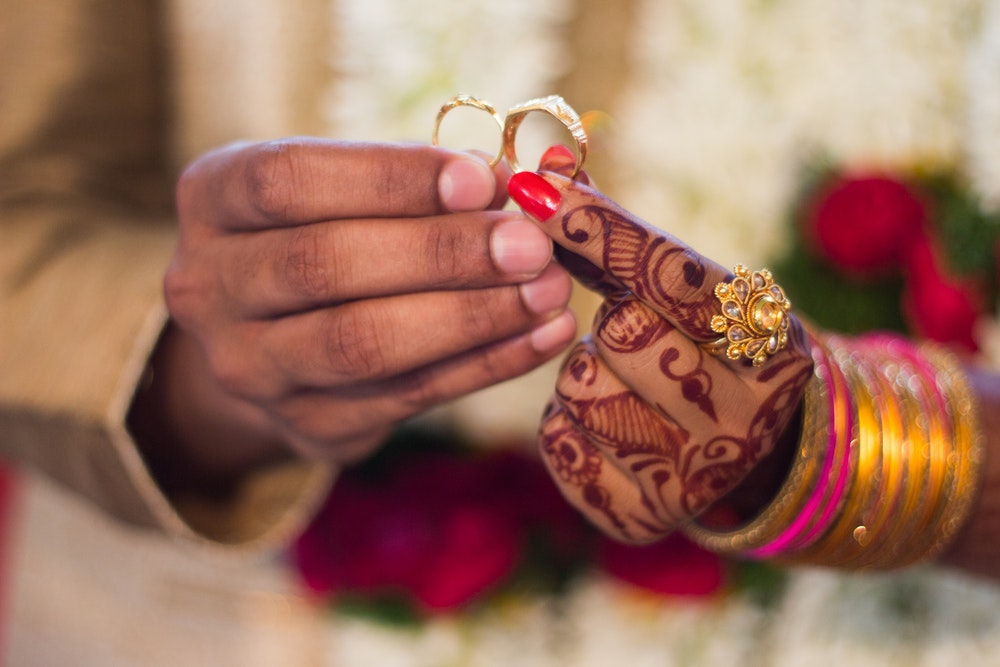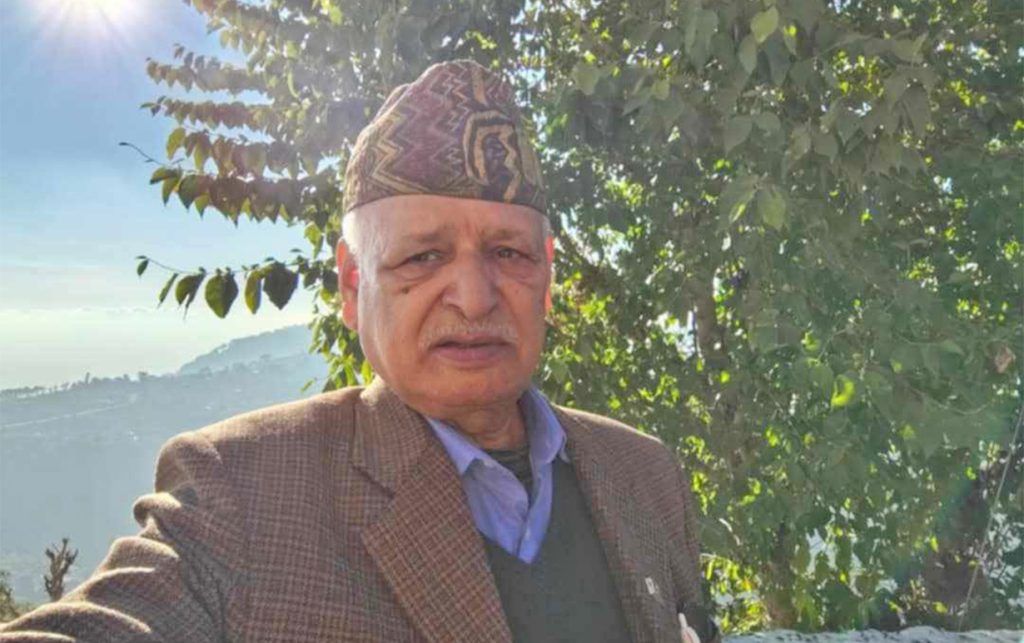As per the National Civil Code Act 2017, the minimum marriageable age for both sexes is 20. That means no girls are allowed to get married before 20. However, it does not mean a girl is eligible immediately when she turns 20, but it also means that the interpretation of marriage depends highly on whether one wants to get married or not.
Marriage in changing times
The word ‘marriage’, in English, has been derived from a Middle English word that means to provide for a husband with a wife. But, marriage should not come as a social norm. Only when an individual feels ready and is willing to consider himself or herself into the bond of marriage, he or she should only then get married.
There is nothing wrong with getting married if a person subconsciously knows the logic behind it. But, if a person gets married without having the need to do so, it is going to get you back to misery, at least if not you, to the person you have engaged in.
However, considering the system of marriage for the last 20 years, people are getting ready for marriage just for the social prescription. Gone are the days when girls and women used to feel under pressure to tie up into marriage because they were not working. But now, the system has changed. Women have showcased their talent and now, they do not have to cling to anything at the expense of their willingness.
Marriage and gender

In a true sense, the concept of ‘marriage’ and getting married has been engraved and strongly conditioned from early on. It works differently for boys and girls. When it comes to girls at around 18, the smooth-running mechanisms of her life lose their dynamism. Provided by the environment and the family conditioning, a daughter begins to change her mind. No wonder when the same daughter who used to enjoy competing in exploring her abilities now changes with constant affirmations in her head.
With Nepal being no exception to the traditional foundation that dictates a person should get married anyway, it is fine to estimate that the word ‘marriage’, as of 2021, still remains the same, unchanged. The thing here is not about child marriage, but even those women who even in their 20s, are compelled to think a certain way.
For a girl or a woman, marriage should not come as finding a partner. It should not come from the emotional drives, like when I feel weak, I want someone as companionship to make me feel good. It does not work that way. The term of settlement is not going to be marriage, so girls and women should stop thinking that their life must be handed down to someone because society feels they should be.
For parents, their child is dearest, whether one admits or not. Parents want their children to get happier in their life. Parents wish their daughters to get a good husband after the completion of their degree while for the son, they are okay with any strategies. There is no urgency for men as much as for women when it comes to marriage.
The faulty system

While parents are not solely to be blamed for this, the whole system of the spectrum demands girls and women to act in a proper way. Therefore, it is no doubt while not getting married for men at 25 and 30 fits, but for women, getting unmarried at 25 still becomes a matter of concern and chaos. The expectations are such that instead of letting daughters know their worth first, they are scaled on the parameters of their worth for someone else.
If they have a daughter, parents feel their biggest responsibility in life is to lend their hand to someone who could be their lifetime partner, who could give her life, who could form a family. They educate, they feed, they nurture, they motivate, and they qualify daughters. They try every possibility to make their daughters go better in every way and ultimately when they step into their 20s, their responsibilities mount at a height and the affirmations hit on parents heads, ‘I have made my daughter equally qualified for everything, bet me, she won’t get rejected.’
This is one of those many statements I have heard from those parents who think marriage is a compulsion as an institution. They feel that someone must be accountable to look after their daughters. But, in the truest sense, girls and women are equally capable to live their life on their own if they wish to. They need not necessarily get married for social and economic reasons because they are equally deserving to get the right.
While this concern of parents may be a big deal in life, digging at the core level, the basic logic of marriage fails somewhere. Marriage truly does have significance in life but not at the expense of getting daughters forced into it. Therefore, I feel the urge to spread a message to young girls and women to internalise what marriage means to them and drive their decisions and preferences of getting married only when they feel they need to.
Lastly, marriage even at age 25 again without the consent of the other party should be deemed illegal. We are living in a full-fledged democratic society and it is our sole right to make decisions on what plans fit for us and what plans do not. It is high time women came forward saying they can be decisive and have equal choices to work solely on their preferences now.
























